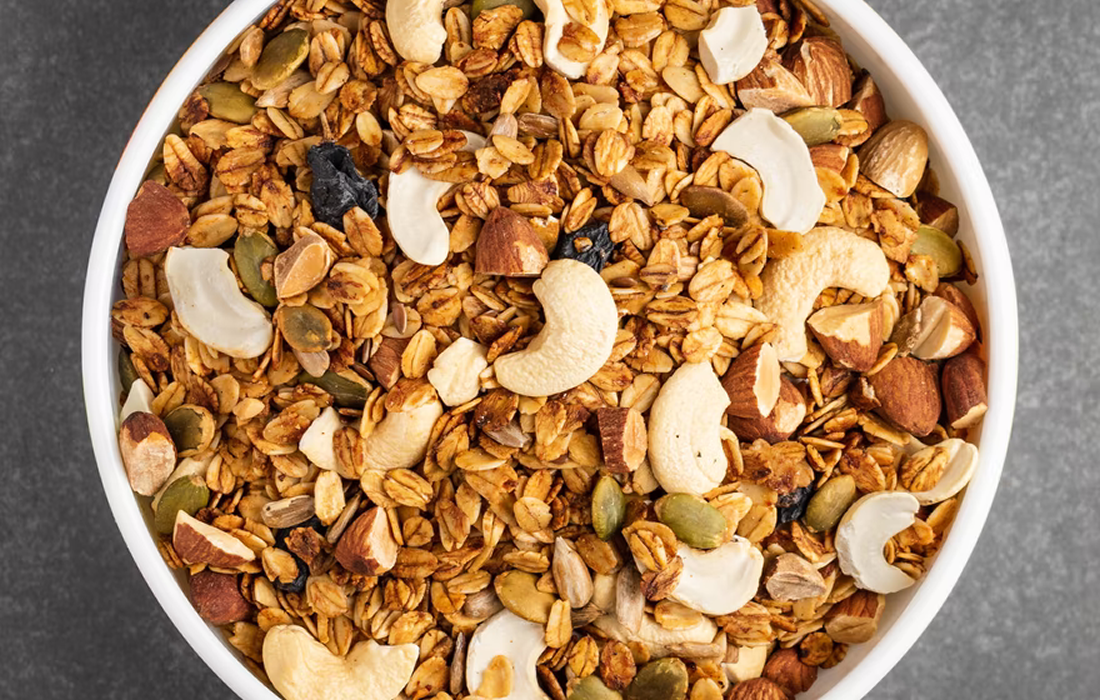There are different factors that contribute to the health of the brain, including the diet and gut microbiome with the gut-brain axis. A lack of variability in the diet and good dietary choices can have an impact on our mental health. Based on the work of Dr. Uma Naidoo, a nutritional psychiatrist, brain expert and […]
Category Archives: Nutrition and Supplements
Curcumin is a polyphenolic compound isolated from the roots of Curcuma longa, from which turmeric is prepared and used widely as a coloring agent, food additive, and traditional Indian and Chinese medicine. For decades curcumin and related bioactive curcuminoids have been the center of interest in scientific studies worldwide into their therapeutic potential. One of […]
Diabetes is a major risk factor for various cardiovascular and renal diseases. The global prevalence of diabetes was 425 million adults in 2015, with an anticipated increase to 629 million by 2040. The main way to delay the development of type 2 diabetes is through lifestyle modifications, which can be difficult to maintain long-term. That […]
During the Sixth International Scientific Symposium on Tea and Human Health, leading scientists in the field met virtually to discuss the current state of knowledge and the gaps in understanding about the benefits of tea. Tea is the second most consumed beverage in the world, after water. The four primary types of tea include white, […]
Nitric oxide (NO) is a radical species that have been implicated in vasodilation, neuronal signaling, immunology, and cancer. In cancer, NO functions in various and sometimes contradictory signaling pathways within the tumor microenvironment (TME). For example, high nitric oxide synthase expressions in activated macrophages exert cytostatic or cytotoxic effects. On the other hand, resident macrophages […]
The WHO estimates that by 2050, 22% of the world’s population will be aged over 60 years. This is a product of increasing life expectancy, which should be viewed as an exceptional achievement; yet the improvement remains somewhat overshadowed by the absence of preserved quality-of-life. One important area that is associated with aging is cognitive […]
Chronic inflammatory diseases are the leading cause of mortality worldwide. Inflammation is part of the host’s complex defense mechanism. It is the immune system’s biological response against different infectious or non-infectious stimuli. These stimuli may activate inflammatory signaling pathways such as nuclear factor-kappa B (NF-κB), mitogen-activated protein kinase (MAPK), and Janus kinase signal transducer and […]
Older adults (aged 60 years) are the fastest-growing age group in the world and are projected to represent 1 in every 4 adults by 2050. Aging is associated with a progressive loss of muscle mass and strength that manifests as reduced physical performance and endurance capacity, imposing a burden on both the individual and society. […]
Despite the progress in medicine, the etiology of inflammatory bowel diseases (IBD), which are primarily Crohn’s disease (CD) and ulcerative colitis (UC), still remains unclear. What is more, the incidence of IBD, especially CD, is still increasing and the highest rates are found in the industrialized countries. It is believed that the disease process develops […]
Evidence indicates that a high-fat diet can promote gut inflammation and increase gut permeability. The use of antibiotics further exacerbates these complications and can lead to the development of inflammatory bowel disease. Inflammatory bowel disease (IBD) is an umbrella term used to describe disorders that involve chronic inflammation of your digestive tract. There are two […]










